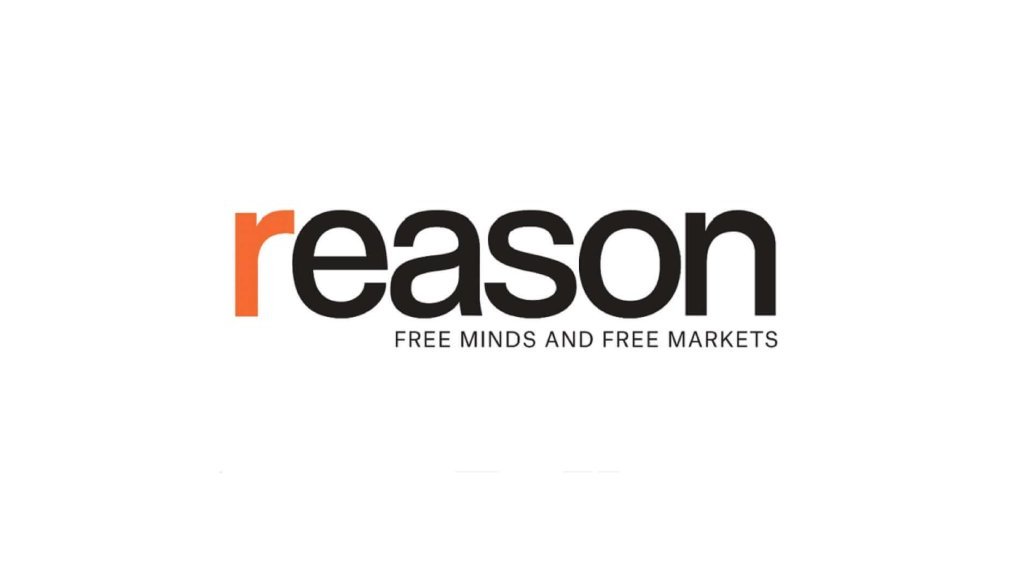Smaller Government Can Protect Against a Vengeful President
A number of the wealthiest Americans are choosing not to publicly endorse a candidate for president in 2024, and new reporting suggests they fear retribution if former President Donald Trump is reelected. No matter which side of the aisle you find yourself on, the solution to this quandary should be simple: shrink the size of government and constrain the powers of the president.
“Numerous billionaires and other leading executives have taken steps in recent months to stay out of the race,” as Jeff Stein, Jacqueline Alemany, and Josh Dawsey reported in The Washington Post on Monday. “Others who previously backed Democrats have stayed silent this election, which some critics and Trump supporters alike have interpreted as a peace offering to the GOP presidential nominee.”
Warren Buffett endorsed the Democratic candidate in the 2008, 2012, and 2016 contests, but he announced last week that he “does not currently and will not prospectively…endorse and support political candidates.” (Buffett also declined to endorse in 2020.)
Meanwhile, both the Post and the Los Angeles Times planned to endorse Vice President Kamala Harris, before Jeff Bezos and Patrick Soon-Shiong—respectively, the papers’ owners—intervened to prevent the endorsement of any candidate. Each move sparked considerable backlash, with 8 percent of the Post‘s paid subscribers having since canceled their subscriptions. Semafor‘s Max Tani reported that The New York Times even saw “a small but noticeable wave of cancelations” from confused subscribers after the Post‘s non-endorsement, including “emails to the effect of ‘fuck Bezos.'” (The New York Times endorsed Harris in September.)
The Post report is clear about the rationale, with billionaires “expressing real concerns about the potential Trump administration and whether they will be punished for publicly coming out in favor of Harris.” This could take the form of either unfavorable policies or a more existential threat: Trump has pledged to impose double-digit tariffs on all imports to the United States, and he has also openly sworn “revenge” on those he feels have wronged him.
Obviously, the prospect of an executive weaponizing the federal government to suit his whims is chilling—and as the Post article points out, Trump was no stranger to it in his first term, “exploit[ing] the power of the federal government to try to punish a wide range of perceived enemies in the business community who he thought were defying him in various ways.”
But no matter the particulars of one’s political leanings, the most straightforward solution should be clear, which is to shrink the size of the government and constrain the president’s increasingly unchecked power.
On the one hand, progressives may feel that it’s improper for billionaires to exert any sort of influence on politics. (Remember, some feel that billionaires shouldn’t exist at all.) But one quote tucked into the Post article provides some necessary context: “It’s a natural phenomenon of people who depend on government support for their wealth,” according to Harvard Law professor and Trump defender Alan Dershowitz.
Indeed, as the Post authors point out, “Amazon has billions of dollars in cloud computing contracts with the federal government, and Blue Origin, Bezos’s rocket company, has contracts with the Space Force and NASA. Soon-Shiong, a biotech investor, could have
Article from Latest

The Reason Magazine website is a go-to destination for libertarians seeking cogent analysis, investigative reporting, and thought-provoking commentary. Championing the principles of individual freedom, limited government, and free markets, the site offers a diverse range of articles, videos, and podcasts that challenge conventional wisdom and advocate for libertarian solutions. Whether you’re interested in politics, culture, or technology, Reason provides a unique lens that prioritizes liberty and rational discourse. It’s an essential resource for those who value critical thinking and nuanced debate in the pursuit of a freer society.




